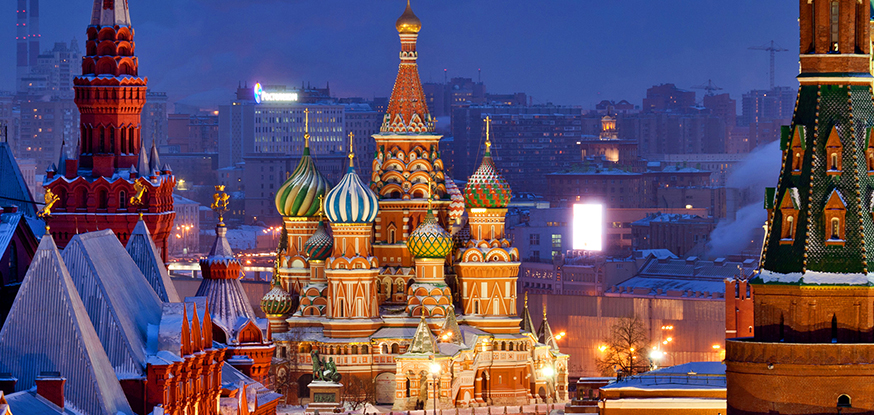Moscow has announced that it will pilot a project which implements blockchain technology into its electronic voting system. The Russian capital will become the first city in the world to implement the emerging technology in e-voting on such a large scale.
It will allow residents of Moscow to be able to count votes and verify the authenticity of results in real-time. Local government authorities have said that the system that enables the blockchain technology will be based on Ethereum 'smart contracts' platform.
It has also been disclosed that one of the primary objectives and key goals of the Active Citizen e-voting program is to establish and identify what the limitations of the technology will be. The introduction of the Active Citizens platform in Russia has been heralded as a huge success. It has empowered its citizens to influence key management decisions and its approach towards digital/urban transformation in Moscow.
Statistics indicate that since the introduction of the platform in 2014, 1.9 million Muscovites have used Active Citizen and that over 2,800 polls have been conducted with a staggering 87.2 million opinions accumulated during its three years in existence. In addition to this, it has been claimed that during peak times, users can cast 1,000 votes per-minute. By downloading the installation manual and installing the software, every citizen will become a node of a peer-to-peer network and will be able to record and store the database of votes. Moreover, Muscovites will be able to count the votes and verify the authenticity of results in real-time.
According to the CIO of Moscow, Artem Ermolaev, blockchain which is noted for its phenomenal transparency capabilities, will overhaul the entire credibility of the e-voting system in the city. He said, "We are excited to improve credibility and transparency of e-voting system in Moscow by introducing blockchain. We believe that blockhain will increase trust between the citizens and the government. We aim to hit two million users in the near future who are ready to influence the city life."
The implementation of blockchain technology in the Active Citizen platform will essentially mean every vote case will now become a 'smart contract', which is both publicly viewable and transparent. This will ensure that the data can't be lost or altered after the vote has been submitted, which eliminates the potential opportunity for fraud or third-party interference.
However, authorities in Moscow have decided to launch blockchain whilst preserving the existing architecture of the Active Citizens platform, due to the challenges and implications implementing blockchain on this scale is likely to have.
It has also been unveiled that the votes will be recorded from the app and website to the server, and then simultaneously to the standard relational database and the blockchain network. While piloting the project with massive amounts of data, authorities aim to test several aspects: failure reliability, resilience to updates, speed of data processing, and correct synchronization of nodes.
It has also been announced that if the system works effectively and is deemed a success by Moscow authorities, then the plan is to store the entire data with blockchain technology and to replicate it to other IT projects in Moscow. Blockchain is expected to lead to improvement of information security and transparency along with reducing administrative costs for Moscow's government.

